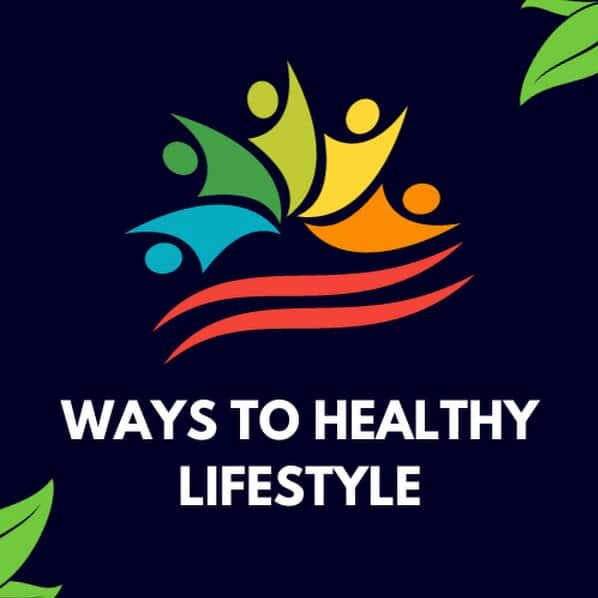Yes — chia seeds are naturally gluten-free. 🌿
They come from the Salvia hispanica plant and do not contain gluten, making them safe for people with:
Wheat allergy
Celiac disease
Gluten sensitivity
For vegetarians looking for healthy sources of protein, chia seeds are an excellent source of protein. They are rich in essential nutrients, including protein, fiber, and omega-3 fatty acids. As a result of all these benefits, it’s no wonder why they are extremely popular among vegetarians.
In this article, we will discuss what are chia seeds, the pros and cons of eating them, and finally how you can incorporate them into your diet.
What are Chia Seeds?
Chia Seeds come from a mint family plant that produces edible seeds. They are a nutrient-dense plant-based food that is becoming increasingly popular as a sources of protein. Additionally, they are gluten-free, making them a safe choice for individuals with gluten allergies.
Chia seeds contain a variety of antioxidants, such as gallic acid, caffeic acid, rosmarinic acid, chlorogenic acid, isoflavones, myricetin, quercetin and kaempferol, vitamin C, vitamin E, etc.,
These seeds are complete sources of protein that contain 2 g of protein per tablespoon. They are easily available in supermarkets, health food stores, or online. These seeds offer all nine essential amino acids and are thus they are one of the high-quality plant-based proteins.
Nutritional Facts:-
Do you know that 1 serving (1tablespoon) of chia seeds provides
- 15% of daily Protein intake
- 24% of daily Fiber intake
- 12% of daily Iron intake and
- 25% of daily Vitamin D intake
Benefits of Eating Chia Seeds as a High Protein Source for Vegetarian Diets
Chia seeds are not only rich in protein but also:-
- High in Quality Protein:- Being complete sources of protein with all nine essential amino acids, chia seeds provide valuable nutrients for a well-rounded diet.
- Good sources of magnesium, phosphorus, and These seeds boast magnesium, phosphorus, and zinc, supporting various bodily functions.
- Low in calories, which helps in weight loss:-Chia seeds’ low caloric content can be advantageous for those seeking weight management.
- Rich in fiber that helps in digestion: With ample fiber, chia seeds support healthy digestion and contribute to a feeling of fullness.
- Rich in omega-3 fatty acids for the brain. The omega-3 fatty acids in chia seeds offer brain-boosting benefits.
- Great antioxidants that protect the body from free radicals:-They are rich in various antioxidants, such as gallic acid, caffeic acid, rosmarinic acid, chlorogenic acid, isoflavones, myricetin, quercetin, and kaempferol, along with vitamins C and E, which help protect the body from harmful free radicals.
- Source of calcium for strong teeth and Bones:-They contribute to bone health by providing a dose of calcium.
Can we Eat Chia Seeds every day?
These seeds have become a popular health food in recent years, but is it safe to eat them every day? The consumption of too many chia seeds can have some side effects and health risks. They are rich in nutrients and offer many health benefits.
Because of their high fiber content, eating too many chia seeds may cause constipation, diarrhea, bloating, and gas. It can also lower your blood sugar. So, it is a wiser idea to eat it in a proper proportion to get the maximum benefit.
How much is recommended?
For an adult(18 years above), the normal serving size is 2 tablespoons(15 grams) a day, and for children (5-18) is 1.4 -4.3 grams a day.
Incorporating Chia Seeds into Your Daily Diet for Maximum Health Benefits

Here are some ideas on how to incorporate chia seeds into your daily diet.
1. You can eat them whole and raw in baked goods
2. They can be added to smoothies and juices
3. They can be added to salads and other dishes for an extra punch of nutrition.
4. You can sprinkle them on top of plant-based yogurt or desserts.
5. Add them to fortified cereals or oats for breakfast.
6. Soak them in water or almond milk to make a pudding.
7. Lemon and chia water eliminates the accumulated fats and cleanses the body in 3 days.
Best Use:-
Research shows that soaking these seeds prior to consumption allows you to extract the most nutrients from them. Soaking them is the best way to reap their benefits. One of the simplest ways to include these seeds in your diet is to add them to water.
To make chia water, soak 1/4 cup (40 grams) of chia seeds in 4 cups (1 liter) of water for 20–30 minutes.
It tremendously helps in weight loss. So, if you want to lose weight or reduce belly fat, drink chia seeds with water 30 minutes before a meal. It will make you feel fuller, and you will ultimately eat less. It also helps in maintaining hormonal balance during menopause in women.
Chia Seeds: The Gluten-Free Superfood You Need in Your Diet
If you are looking to incorporate more gluten-free superfoods into your diet then look no further than chia seeds. These tiny powerhouses are naturally gluten-free and packed with essential nutrients, making them a safe and nutritious option for those with gluten sensitivities or celiac disease.
Unlike grains that contain gluten, such as wheat, barley, and rye, chia seeds are naturally gluten-free seeds that can be safely consumed by those following a gluten-free lifestyle.
In addition to being gluten-free, chia seeds are an excellent source of fiber, protein, omega-3 fatty acids, and various vitamins and minerals. Incorporating chia seeds into your diet can provide a wealth of health benefits, from improved digestion and heart health to better blood sugar regulation and weight management.
You can sprinkle them on your morning oatmeal, add them to your favorite smoothie, or use them as a gluten-free thickener in recipes. Chia seeds are a versatile and nutritious choice that can easily fit into a gluten-free diet. Embrace the power of this superfood and experience the many advantages it can offer your overall health and wellness.
Final Thought:-
If you are a vegetarian and looking for a protein source, Chia seeds are a great choice. They are not only good sources of protein but also rich in omega-3 fatty acids, fiber, and great antioxidants. There are different ways that you can incorporate them into your diet. Our lifestyle choices can make a big difference in our overall health, so let’s make sure to take good care of ourselves and make preventive measures a priority. Please share this article with your friends and relatives.
I would appreciate it if you could leave a comment below if you enjoyed this article. Your feedback is very important to us.
FREQUENTLY ASKED QUESTIONS
1. How do you incorporate chia seeds into breakfast?
Soak them overnight to make a chia pudding breakfast, or serve them in porridge, pancakes, jams, and more.
2. Are there any side effects of eating chia seeds?
Eating too many chia seeds may cause side effects, such as digestive issues or allergic reactions. So, eat it in a moderate amount to get the full benefits. The recommended dose is 15 grams(2 tablespoons) per day.
3. Do you need to soak chia seeds before eating?
No, you don’t. Soaking them to make them easier to swallow is probably a good idea if you’re serving more than a sprinkle or not mixing it with food.
Can we drink chia seeds with water in the morning?
Yes. Drinking chia seed water in the morning helps with digestion and bowel movement.
ALSO SEE:

